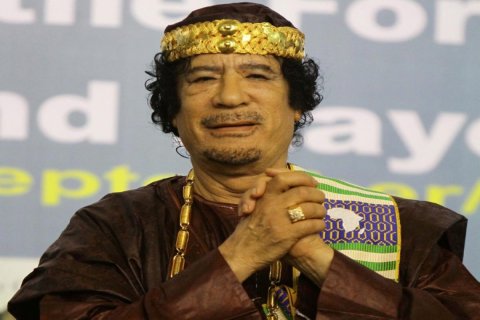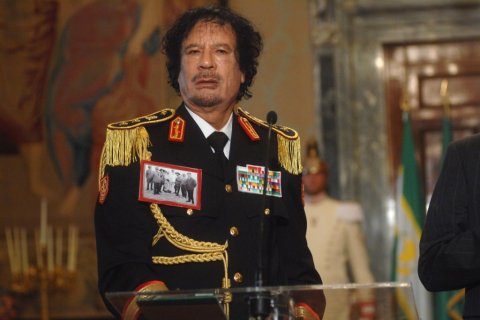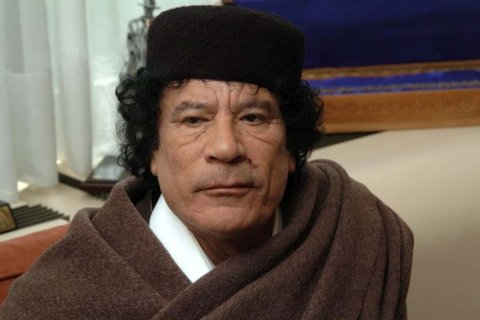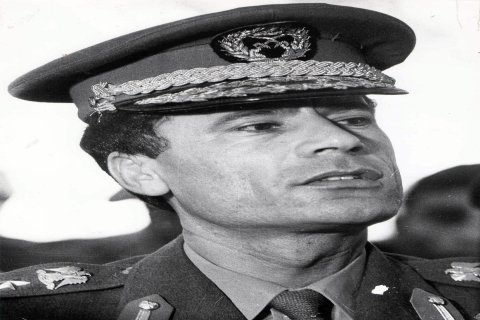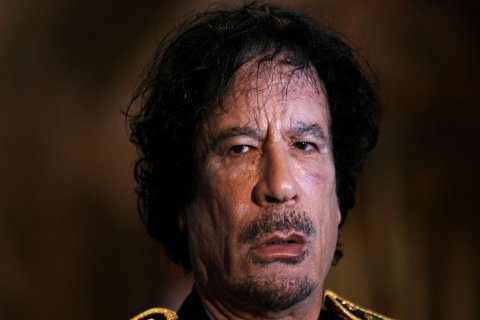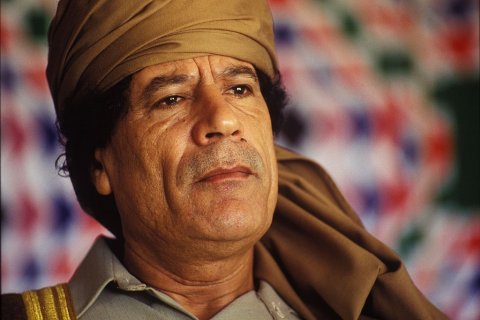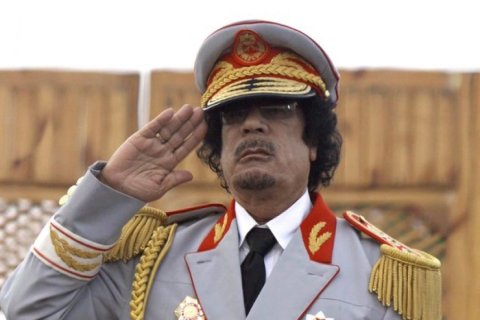Muammar Gaddafi
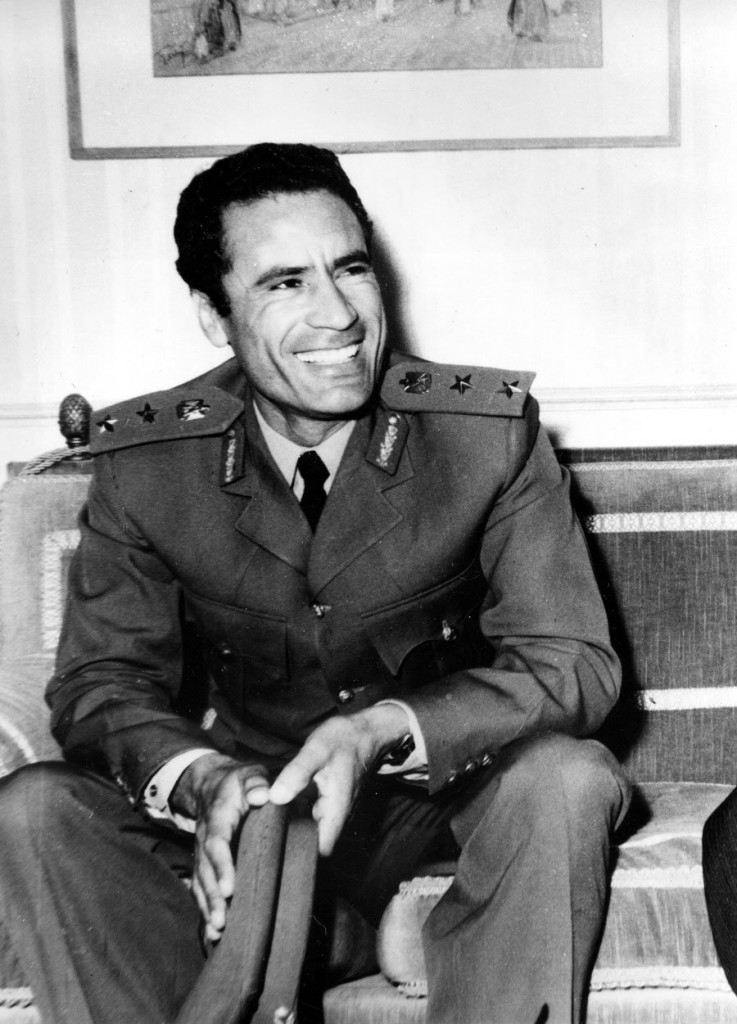
Muammar Gaddafi (1942-2011)
Personal Information:
- Full Name: Muammar Muhammad Abu Minyar al-Gaddafi
- Date of Birth: June 7, 1942
- Place of Birth: Sirte, Libya
- Date of Death: October 20, 2011
- Place of Death: Sirte, Libya
Political Career:
- Leader of the Libyan Revolution: 1969-2011
- Chairman of the Revolutionary Command Council: 1969-1979
- Secretary-General of the General People's Congress: 1979-2011
Policies and Actions:
- Nationalization of Oil Industry: Gaddafi nationalized the Libyan oil industry in 1970, giving the government control over the country's oil and gas resources. This move increased Libya's revenue and allowed Gaddafi to implement various social and economic programs.
- Establishment of the Libyan Arab Jamahiriya: In 1977, Gaddafi proclaimed the establishment of the Libyan Arab Jamahiriya, a state based on his political ideology of "Third Worldism" and "Islamic socialism." The Jamahiriya was characterized by a direct democracy system, where people's committees held decision-making power.
- Support for Revolutionary Movements: Gaddafi actively supported revolutionary movements and anti-imperialist struggles around the world, including the Palestine Liberation Organization (PLO), the African National Congress (ANC) in South Africa, and various leftist groups in Latin America.
- Confrontation with the West: Gaddafi's policies and support for anti-Western movements led to strained relations with the United States and its allies. He was accused of sponsoring terrorist activities and was subjected to economic sanctions and international isolation.
- Libyan Civil War: In 2011, a civil war broke out in Libya, fueled by popular discontent with Gaddafi's rule. The conflict escalated, and NATO intervened militarily to support the opposition forces. Gaddafi was eventually captured and killed by rebel forces in October 2011.
Legacy:
- Controversial Figure: Muammar Gaddafi remains a controversial figure. His supporters view him as a revolutionary leader who fought against imperialism and promoted Arab unity. Critics condemn his authoritarian rule, human rights abuses, and alleged involvement in terrorism.
- Mixed Record: Gaddafi's rule in Libya had a mixed record. While he implemented social programs that improved the lives of many Libyans, he also suppressed dissent and political opposition. His policies led to economic mismanagement and isolation from the international community.
- Libya After Gaddafi: Following Gaddafi's death, Libya underwent a period of political instability and violence. The country struggled to build a stable and democratic government, facing challenges related to tribal divisions, armed militias, and the emergence of extremist groups.

